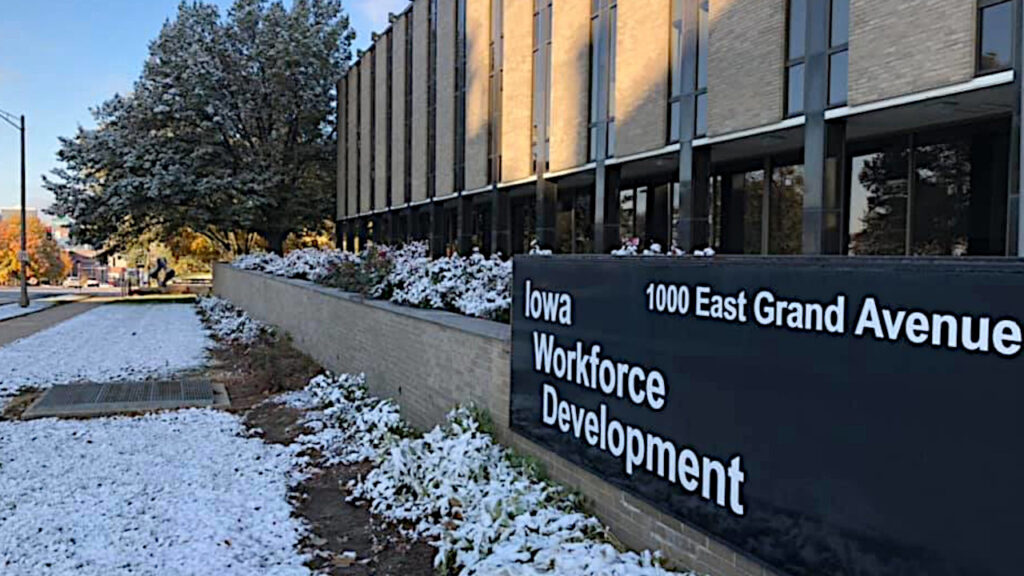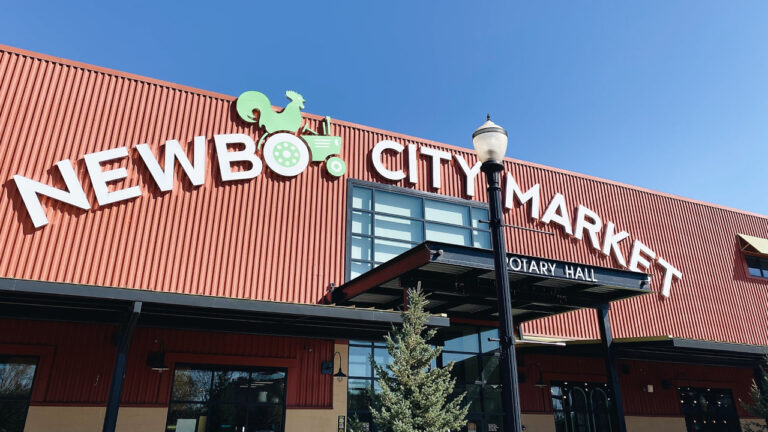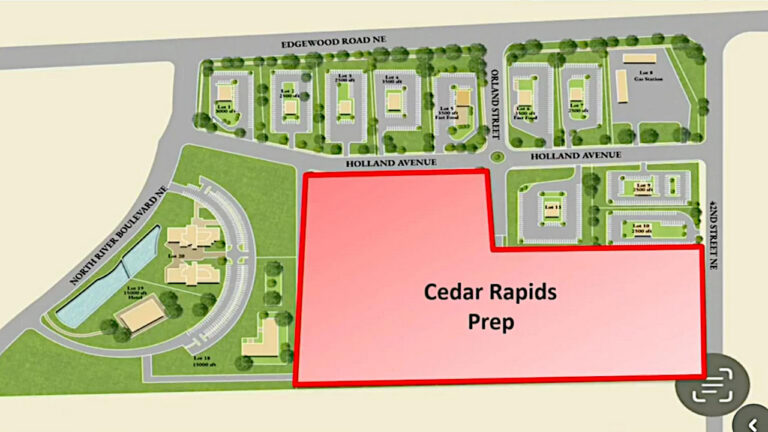Iowa Workforce Development has announced new grant awards for Registered Apprenticeship (RA) sponsors whose programs are building the workforce pipeline across the state.
A total of $3.4 million in grants are being distributed to both existing RA programs and programs created in new occupations that are based in high-demand fields.
According to a release April 28, grant funds awarded to RA sponsors will be managed through the Iowa Office of Apprenticeship (IOA). The IOA, housed within Iowa Workforce Development, is responsible for administering and supporting all RA programs in the state.
In 2024, Iowa officially became a State Apprenticeship Agency (SAA), granting IOA the formal oversight and authority to better support existing programs and establish innovative ways to expand their development across the state.
“I applaud the program sponsors receiving grant funds today who are committed to preparing the workers of tomorrow using the Registered Apprenticeship model,” Iowa Gov. Kim Reynolds said in the release. “Registered Apprenticeship programs play a critical role in our overall workforce strategy. As we demonstrated in the Teacher-Paraeducator Registered Apprenticeship program, using a tried and true model in a nontraditional field is a win-win for Iowans and employers, and I am pleased to see a number of our schools receive funding under this program.”
Today’s grant awards involve two different funding streams, which together will help support the success of thousands of apprentices participating in the sponsors’ programs:
- The Iowa Apprenticeship Act (84E), which provides funding for training or ongoing costs within any active RA program in the state. $2.94 million in grants are being awarded to 59 sponsors who are supporting 5,133 participating apprentices.
- The Iowa Registered Apprenticeship Development Program (84F), which specifically provides funding for new programs formed in a high-demand occupation. $427,800 in grants are being awarded to 17 sponsors who have created programs in 19 new occupations.
“Iowa made an investment to provide financial support to grow Registered Apprenticeship programs when these programs were created over 10 years ago,” said Iowa Workforce Development executive director Beth Townsend. “Today, we continue to see the return on that investment with increases in the number of apprentices and programs across the state as well as the expansion of this training model into nontraditional fields.”








